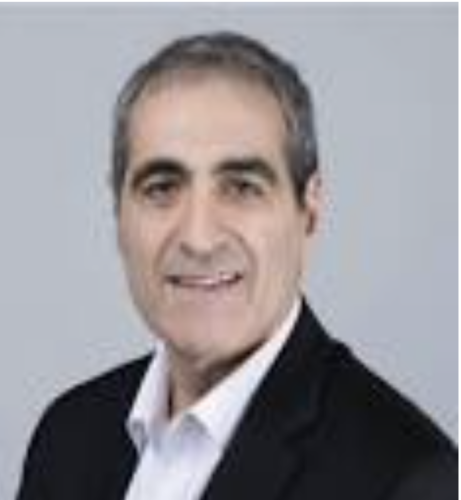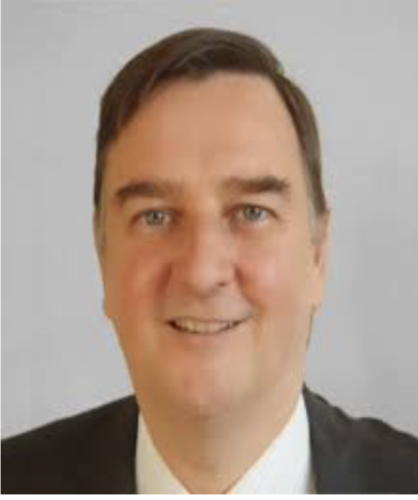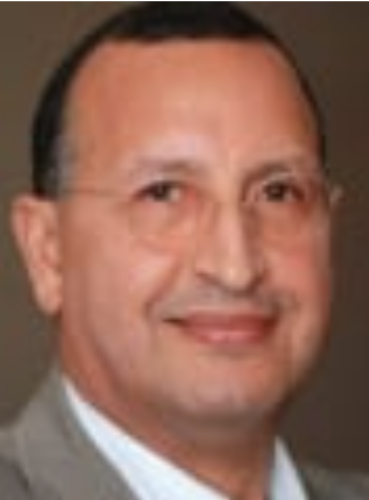 |
|
Super Infrastructure for Large-Scale Experimental Computer Science (SLICES) |
|
Unified Research Digital Infrastructure enabling advanced functionalities for experimental based research |
Abstract:
SLICES-RI aims at the creation of a common space among the participating research infrastructures to construct and operate an effective and timely unified research Digital Infrastructure that will lead European research activities beyond. Leveraging the legacy of the previous research projects, SLICES-RI will adopt a new reference architecture and bring advanced functionalities on the experimental based research. Having a large-scale infrastructure based on state of the art technologies in architectures and services will attract researchers at all career stages and will encourage partnerships in and across different fields. Being able to run experiments at every level of the software stack over a variety of hardware devices and clusters in a reproducible and controlled way, will allow researchers to develop and experiment across the variety of DIs topics. Moreover, SLICES-RI will impact education, teaching and learning as students, engineers and researchers will be exposed to this broad set of technologies. The SLICES-RI will be used to design e-labs and MOOCs provisioned on demand where students can remotely learn, program, and practice with the technologies that they do not have in situ. There is obviously an economy of scale, a faster access to talents and an increased attractivity. Therfore, SLICES-RI will provide a research infrastructure allowing academics and industry to experiment and test future, possibly long-term and disruptive DIs which is essential for the European research. European economic stakeholders will gain a competitive advantage at the early stage of the development cycle.
SLICES web site: https://slices-ri.eu/
Session 1: SLICES for Future Enhanced Research
| Session 1 | SLICES scientific dimension: research challenges ahead of us
Chair: Andrea Passarella, <andrea.passarella@iit.cnr.it> |
| Description | The session will discuss the key scientific challenges, related to the evolution of 5G and 6G, that SLICES aims at supporting.
After an initial introduction on what SLICES is, we will first discuss the general framework defining the overall scientific challenges we target. Then we will discuss three concrete hot-topics where SLICES can support existing research efforts of the 5/6G community, in the MEC, communications, and “AI & networks” areas. |
| Speakers | Dr. Andrea Passarella, IIT-CNR, Italy (Chair)
Prof. Serge Fdida, Sorbonne Université, France Prof. Ari Pouttu, University of Oulu, Finland Dr. Bartosz Belter, PSNC, Poland |
Session 2: SLICES for Future Enhanced Research
| Session 2 | Leveraging existing testbed infrastructure know-how leading to SLICES
Chair: Brecht Vermeulen, brecht.vermeulen@iminds.be |
| Description | In this session we will discuss how existing research infrastructure will lead to the SLICES super infrastructure. We will show how experiments and what types of experiments can be run at every level of the software stack over a variety of hardware devices (5G, wireless, IoT, cloud, AI infrastructure) in an easy, reproducible and controlled way. |
| Speakers | Brecht Vermeulen, imec/UGent, Belgium (Chair)
Carmen Guerrero, UC3M, Spain Eduardo Jacob, UPV/EHU, Spain Nikos Makris, UTH, Greece Bartosz Belter, PSNC, Poland Cédric Crettaz, Mandat International, Switzerland |
Session 3: An Overview of Open-source Software Packages for 5G Networks and Their Use in Experimental Platforms
| Session 3 | An Overview of Open-source Software Packages for 5G Networks and Their Use in Experimental Platforms
Chair: Raymond Knopp, knopp@eurecom.fr |
| Description | The purpose of this session is to provide an overview of current software packages for 5G radio-access and core/edge network deployments. In particular, we will highlight their use in experimental networking platforms both in Europe and the USA. The speakers include key players from open-source 5G software communities. |
| Speakers | Raymond Knopp, Eurecom, France (Chair)
Walid Dabbous, INRIA Sophia Antipolis, France Manu Gosain, Northeastern University/PAWR, USA Navid Nikaein, Eurecom, France Thomas Heyn, Fraunhofer IIS, Germany Paul Sutton, Software Radio Systems, Ireland Facebook Connectivity, USA |
Session 4: SLICES-RI cooperation and interoperability with EOSC and International testbeds/initiatives
| Session 4 | SLICES-RI cooperation and interoperability with EOSC and International testbeds/initiatives
Chair: Yuri Demchenko, y.demchenko@uva.nl |
| Description | This session will present overview and invite discussion between the panel of experts and audience on important issues of the connection and interoperability with EOSC as European federated data infrastructure and with the international testbeds such as FABRIC and BRIDES in US. Topics will include data/metadata interoperability, connectivity and joint experimentation. The session also provides information about planned role of SLICES-RI to provide a framework for technical and data interoperability to facilitate European and international cooperation and experimentation. |
| Speakers | Yuri Demchenko, UvA, The Netherlands (Chair)
Ville Tenhunen, EGI, The Netherlands Mark van de Sanden (TBC), SURF, The Netherlands Panayiotis Andreou, UCLAN, Cyprus Cees de Laat, UvA, The Netherlands Paola Grosso, UvA, The Netherlands Chrysa Papagiani, UvA, The Netherlands Inder Monga (TBC), ESNet, USA |
Sessions Chairs:
 |
 |
 |
| Serge Fdida | Sebastien Ziegler | Latif Ladid |
| Professor | President | Founder & President |
| Sorbonne University, Paris | IoT Forum | IPv6 Forum |
| France | Switzerland | Luxembourg |
Serge Fdida is a Professor at the Sorbonne Université (formally with UPMC) since 1995. His research interests are related to the future internet technology and architecture. He has been leading many research projects in Future Networking in France and Europe, notably pioneering the European activity on federated Internet testbeds. He is currently leading the Equipex FIT, a large-scale testbed on the Future Internet of Things. Serge Fdida has published numerous scientific papers, in addition to several patents and one rfc. He is a Distinguished ACM Member and an IEEE Senior member. He was one of the founders of the ACM Conext conference, general chair of ACM Mobicom 2015 and IEEE Infocom 2019. Serge Fdida has also developed a strong experience related to innovation and industry transfer, – he was the co-founder of the Qosmos company, – one of the active contributors to the creation of the Cap Digital cluster in Paris, and currently the President of the EIT Health French community. He held various community and management responsibilities in various organizations including Sorbonne Université and CNRS. Serge Fdida is Vice President for International Development of Sorbonne University.
Dr. Sébastien Ziegler is co-founder and Director general of Mandat International. He serves as President of the IoT Forum, and as former Vice Chair of the IEEE ComSoc Subcommittee on the IoT. He initiated several national and international research projects in the area of ICT, with a focus on Internet of Things, IPv6, multiprotocol interoperability, crowdsourcing, privacy, and cybersecurity. He acted as Coordinator of several international research projects and is currently associated to 10 ongoing European research projects.
Sébastien holds a PhD in computer Sciences and graduated in International relations at the Graduate Institute of International Studies in Geneva, followed by a Master in Environment, a MBA in international administration (HEC Geneva), and complementary executive courses at Harvard Business School in Boston, Stanford University, UC Berkeley and EPFL. Sébastien founded several foundations, SMEs and organizations
Latif LADID, Founder & President, IPv6 FORUM (www.ipv6forum.org ); Member of 3GPP PCG (Board) (www.3gpp.org); IEEE 5G World Forum founding co-chair, Emeritus Trustee, Internet Society – ISOC (www.isoc.org); IPv6 Ready & Enabled Logos Program Board (www.ipv6ready.org); Chair, ETSI IPE/IPv6 Industry Specification Group; Member of Future Internet Forum EU Member States (representing the Luxembourg government).
